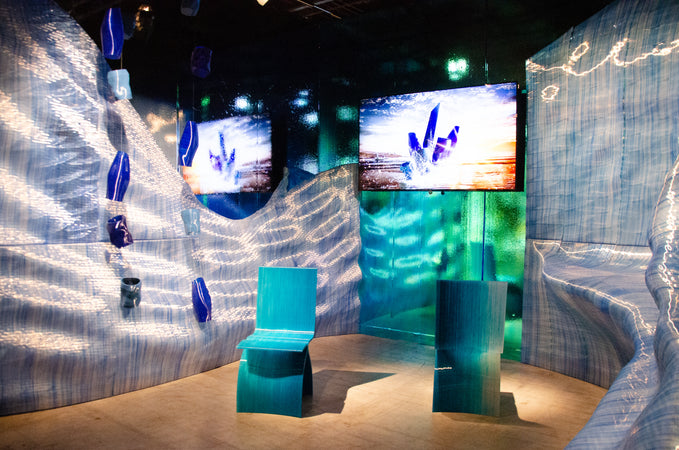Get Plastics Out of our Oceans

Plastics are a versatile and convenient material that is used in a wide range of products, from food packaging to clothing to medical equipment. However, the proliferation of plastics in our society has had a significant impact on the world's oceans.
One of the major problems with plastics is that they do not biodegrade. When they are discarded, they can break down into smaller and smaller pieces, but they never fully disappear. These small pieces of plastic, known as microplastics, can be harmful to marine life and the ecosystem as a whole.
Marine animals, such as fish and birds, can mistake microplastics for food and ingest them. This can lead to injury or death as the plastic can block their digestive tracts or cause other internal damage. Microplastics can also absorb toxins and chemicals from the water, which can then be transferred to the animals that consume them.
Plastics can also have a detrimental effect on marine ecosystems. They can entangle and suffocate marine life, such as dolphins and sea turtles. They can also damage coral reefs, which are important habitats for a variety of marine species.
Plastics also contribute to the problem of ocean pollution. It is estimated that there are currently over 5 trillion pieces of plastic floating in the world's oceans. This pollution not only harms marine life but also has negative impacts on the economies of coastal communities that rely on tourism and fishing.
Overall, plastics are a major contributor to the problem of ocean pollution and have a detrimental impact on marine life and ecosystems. It is important that we reduce our reliance on plastics and adopt more sustainable practices to protect the health of our oceans.
Continue reading


